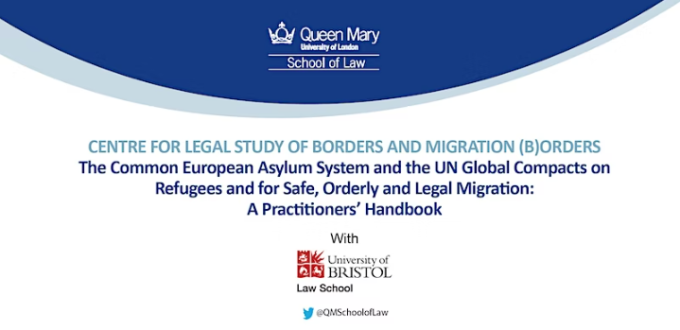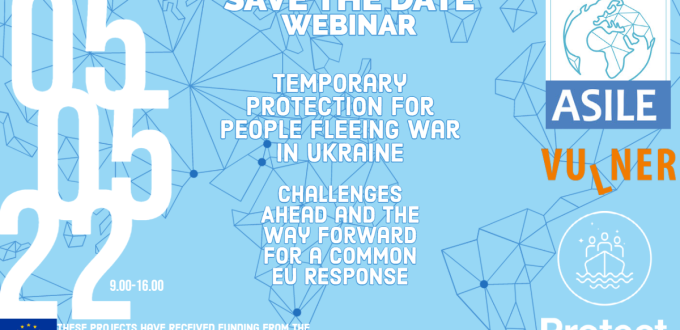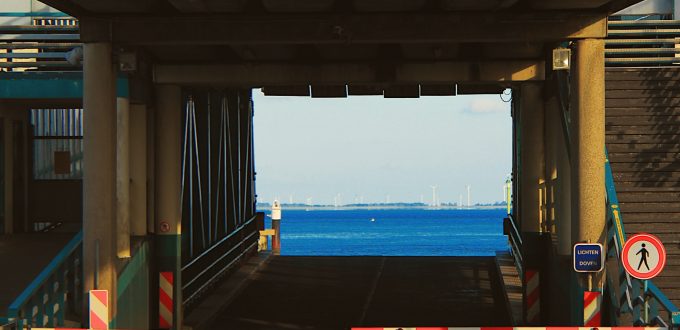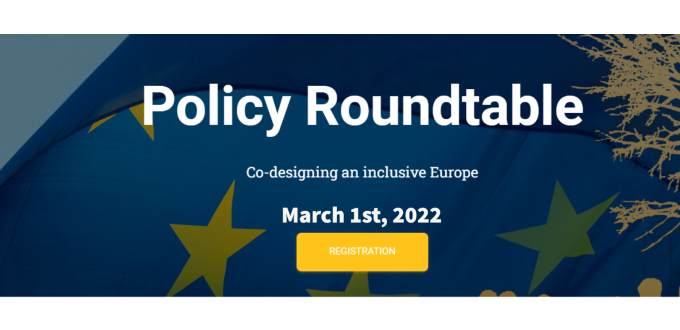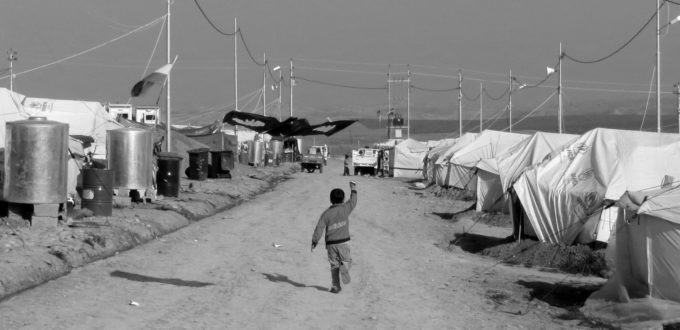Every year, more than a million asylum applications are lodged worldwide. In 2021, a total of 1.4 million claims were made, 648 thousand of which were in the European Union, but only a fraction of these will eventually lead to protection. In 2021, 22% of first instance decisions in the EU granted refugee status; another 17% granted other protection statuses. If […]
Can Russians refusing to perform military service claim asylum under EU law?
As Professor Elspeth Guild and I discuss in a recently published PROTECT Policy Brief, in both international refugee law and in EU law, people fleeing punishment or persecution for seeking to avoid conscription to fight in a conflict in which war crimes are taking place are entitled to seek and enjoy protection as a refugee. […]
The Common European Asylum System and the UN Global Compact for Safe, Orderly and Regular Migration
When: Tuesday, 27th September 2022, 17:00 – 19.00 hrs Where: Room 3.1, Lincoln’s Inn Fields, Centre for Commercial Law Studies, Queen Mary University of London or online (register here) The (B)OrderS: Centre for the Legal Study of Borders and Migration at Queen Mary University of London (QMUL) and the Centre for International Law at the University of Bristol invite you to […]
Beyond Ukraine: Will the EU Expand Asylum Access and Rights?
The catastrophic humanitarian toll of the Russo-Ukrainian conflict has been met by much-heightened attention and openness by Europe so far, with the Union taking the unprecedented step of activating the Temporary Protection Directive (European Commission 2022) and even previously reluctant countries such as the United Kingdom and Poland establishing substantial incentives for solidarity with Ukrainian […]
HORIZON 2020 JOINT VIRTUAL EVENT ON THE PROTECTION OF UKRAINIAN REFUGEES
On May 5th, 2022 a webinar on the “Temporary Protection for People Fleeing the War in Ukraine. Challenges Ahead and the Way Forward for a Common EU Response”, was jointly organized by Sergio Carrera, ASILE Project Coordinator, Luc Leboeuf, VULNER Project Coordinator, and Hakan G. Sicakkan, PROTECT Project Coordinator. Researchers and external collaborators of the […]
Migration as a polarizing issue on social media
Social media are one of the main arenas in which European citizens discuss policy issues such as migration and in which opinion formation on such issues takes place through the sharing and consumption of information and views. At the same time, it is an arena in which traditional and alternative media, NGOs, and politicians share their views on migration and interact with citizens to promote their agenda. For this reason, social media are a melting pot of different actors and interests, and a lens through which the European discourse on migration can be studied. Social media offer both, a huge potential for, on the one side, the free and democratic exchange and, on the other, for polarization and manipulation of the European discourse on migration.
Recordings and policy recommendations available from the Inclusive Europe Policy Roundtable
The policy roundtable, based on findings from ten H2020 projects, looked at “Migrations and migrants in the EU: changing narratives – modifying practices – influencing policies”. The recordings from #InclusiveEurope2022 are now available on YouTube. Visit our channel to watch them. Otherwise, you can find the main proceedings of the roundtable summarized in the following […]
The legal effects of a non-binding instrument: the Marrakech Compact, EU development funds, and poli...
Recently, however, our attention was drawn to a leaked 2019 document produced by the European Commission’s legal service, titled ‘The legal effects of the adoption of the Global Compact for Safe, Orderly and Regular Migration by the UN General Assembly.’ This document suggests that the MC has ‘legal effects’ on EU development policy. The document […]
Upcoming Policy Roundtable on migration and migrants in the EU
Together with nine other EU-funded research projects, PROTECT is co-organizing a joint policy roundtable on Co-designing an inclusive Europe, with a focus on Migrations and migrants in the EU: changing narratives – modifying practices – influencing policies. The aim is to bring together researchers, practitioners, journalists, and policy-makers to discuss the potential of re-interpreting existing […]
Hva vil være et ideelt system for internasjonal flyktning beskyttelse?
– Dette forsøker forskningen fra PROTECT å svare på I 2021 er det 70 årsjubileum for flyktningkonvensjonen som ble underskrevet i 1951, samtidig er det rekordmange mennesker som er på flukt. I løpet av det siste året har vi sett flyktningleiren Moria bli slukt av flammer. Vi har også sett hvordan COVID-19 har hatt store […]



